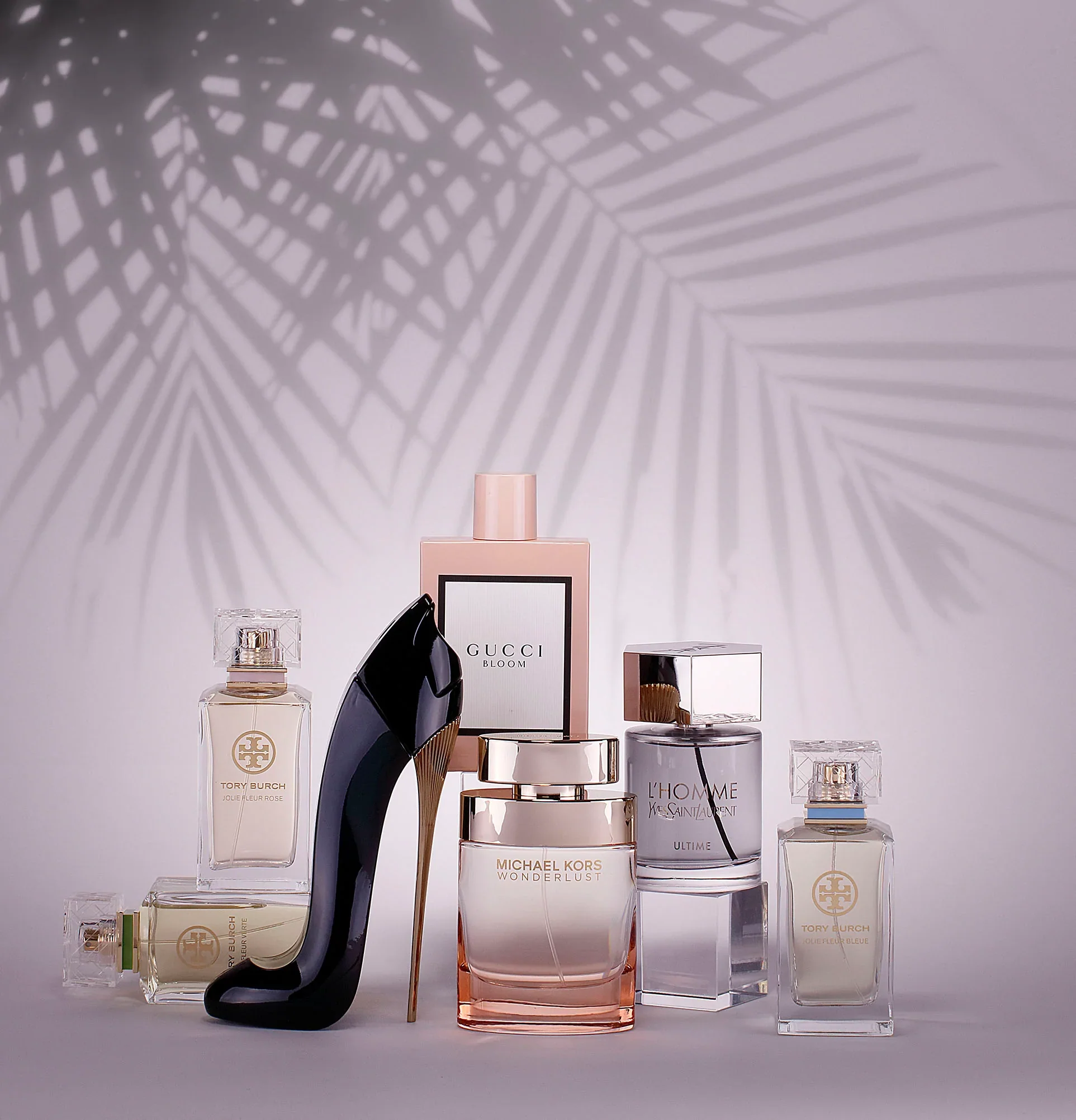- Judith Akatugba
- 0 Comments
- 629 Views
It’s easy to wear perfume—just spritz it on and you’re done. But it takes a little more skill and care to put on perfume and do it well. The way you put on a perfume is just as important as the notes themselves in the world of fragrance. As an example: Did you know that the right place to put your favorite eau de parfum depends on both the outfit it goes with and the setting with which it is worn? And that habit of putting on your shoes and then rubbing your wrists together? This is “very bad,” says Francis Kurkdjian, a French-Armenian designer who has won awards and created high-end scents like Christian Dior Eau Noire, Carven Le Parfum, and his own line of perfumes in Paris. Another thing is that a bottle of Chanel No. 5 might look great on a stylish bathroom cabinet, but the daily steam from the shower might be making it less fresh (and you, too). You can get back on track with your sense of smell with a few easy changes. People often make these eight mistakes when they buy and wear perfume, and here’s how to fix them right away.
Read Also: 5 Tricks for Enhancing Your Natural Beauty
Spray instead of rubbing or dabbing.
“That almost unconscious habit” of spritzing some perfume on your arms and then pressing them together before applying it to your neck is “very bad,” says Kurkdjian. Why? He goes on to say that rubbing “heats up the skin, which makes natural enzymes that change the way the scent moves.” The middle and top notes, as well as the dry-down (the last and longest part of your scent’s development), are the ones that are most affected. “Taking a floral as an example, heat makes everything warmer, which makes it lose its crispness,” he says. Kurkdjian says to lightly spray both wrists with perfume, let the liquid sink in, and then do nothing at all. This will keep the smell fresh and make it last longer on your skin.
Look at the pulse points.
Your body gives off heat at certain points, like the wrists, neck, and cleavage. This could help those scent notes develop faster. Senior fragrance at Givaudan Jacques Huclier, who made Gucci Guilty Pour Homme and Mugler A*Men, says that you should spray perfume about five inches from your skin. If you spray it too close to your skin, it can cause a flow of liquid that can feel bad. He also says that two or three sprays are enough to make a cologne last after you get used to it. You can also put it behind your knees, on your hair, or somewhere else (more on that later).
Do not It’s not a good idea to spray perfume on clothes. Huclier says that doing that could change the color of it, so don’t do it. “Be careful and put it on your skin directly,” he says.
Key to the Environment
When it comes to storage, perfume is very sensitive to changes in its environment, almost like a live thing. Kurkdjian says, “Perfume doesn’t like going from cold to hot.” He also says that changes in temperature “set off unexpected chemical reactions within the natural ingredients” that make the perfume age faster. In the bathroom, leaving a lemon scent on “affects the freshness” and can make a raw material like patchouli smell a little off. He also says that ultraviolet rays can change the color of perfume, making amber tones green. He says, “You’d never leave a Champagne bottle out in the sun.” Surprisingly, the best place to keep perfume is at room temperature (70 degrees Fahrenheit) in the box it came in. If you really want to make it last longer, you could treat it like a great cellar wine. “I know people who store one or two bottles of their signature scents in the refrigerator,” he says.
Small perfume bottles hold the best scents.
Even though cologne is expensive, it should be used quickly. Kurkdjian says that leaving an empty perfume bottle on the shelf for too long lets oxygen, which is “natural enemy of perfume,” slowly break down the molecules that make up the smell, changing its makeup. He says that a big 6.8-milliliter bottle probably won’t go to waste if you mist on your signature smell every day. But for everything else, Kurkdjian likes smaller bottles (2.4 to 1.2 milliliters) because they can stay fresh for up to three months. And if the perfume store only has one rather large bottle, what do you do? Assuming it has a screw cap or stopper, you can always decant the liquid into smaller vials or tuck your half-empty fragrances in the fridge to keep their bloom, he says.
Layer for a Reason
So you want to mix your new favorite smell with your old one? Huclier says that when you layer smells, you should try to stick to notes from the same olfactory family (read our full guide on how to do this here). He also says that mixing a fragrance with its companion lets the smell work better by absorbing more deeply into the skin.
The word synthetic is not a bad one.
“People love the idea of all-natural [perfumes], but it doesn’t always exist,” says Kurkdjian, mentioning musk, which was once taken from animals and now makes the scent softer and better at leaving a trail. He says that some smells, like peony, freesia, and lily of the valley, can’t be extracted naturally because they don’t give off any scent at all. Instead, these smells have to be made again with a mix of manmade molecules. Since the late 1800s, some of the best perfumers have used a mix of natural and synthetic molecules. However, today, chemical creations are closely monitored and checked for safety by health groups such as the U.S.’s Research Institute for Fragrance Materials (RIFM). Because of this, Kurkdjian says the best smell is made from a mix of essential oils, absolutes, and man-made ingredients.
If you’re not sure what to do, use your head (or your hair).
Some simple rules can help a smell go a long way. “Perfume doesn’t last long on dry skin,” says Kurkdjian. To keep the smell from getting confused, she suggests using either a body lotion that goes with your fragrance or a moisturizer that doesn’t have a scent. It’s also important where you put perfume. If you’re wearing a blouse without sleeves, he says to focus on the pulse points in your neck, wrists, or inner elbows. “Don’t cover it up with your clothing,” he says. While there is one exception, it is best not to put smell directly on your body when you are in a very hot place. “As you sweat, your skin’s natural oils can break down your perfume faster,” he says, suggesting that you mist your hair, scarf, or skirt lightly instead. “They help the scent spread because they move with the air.” Talk about making an impression that lasts.











